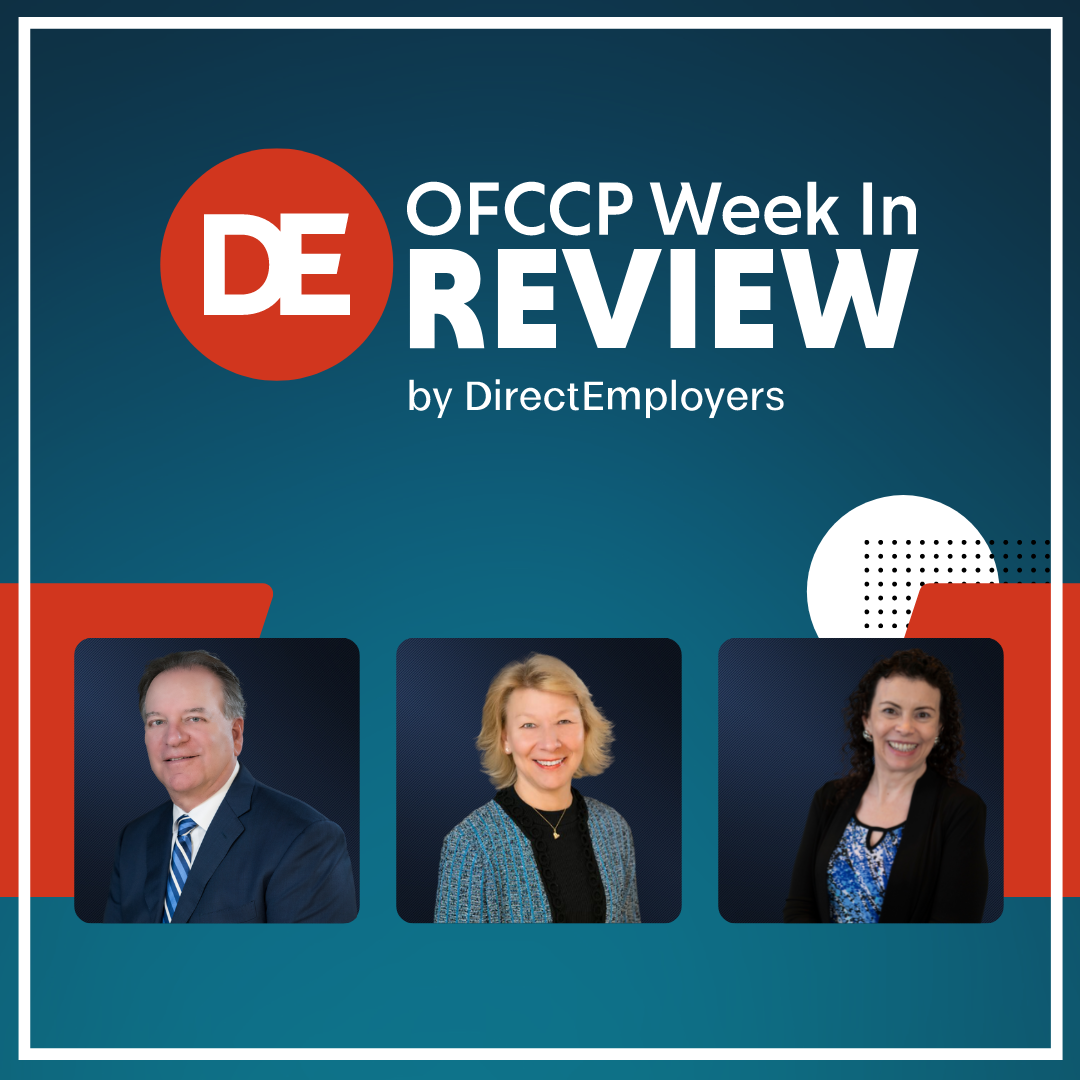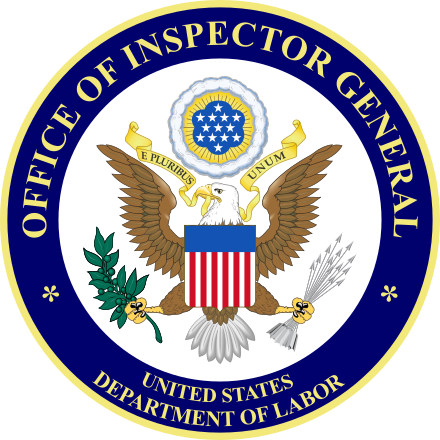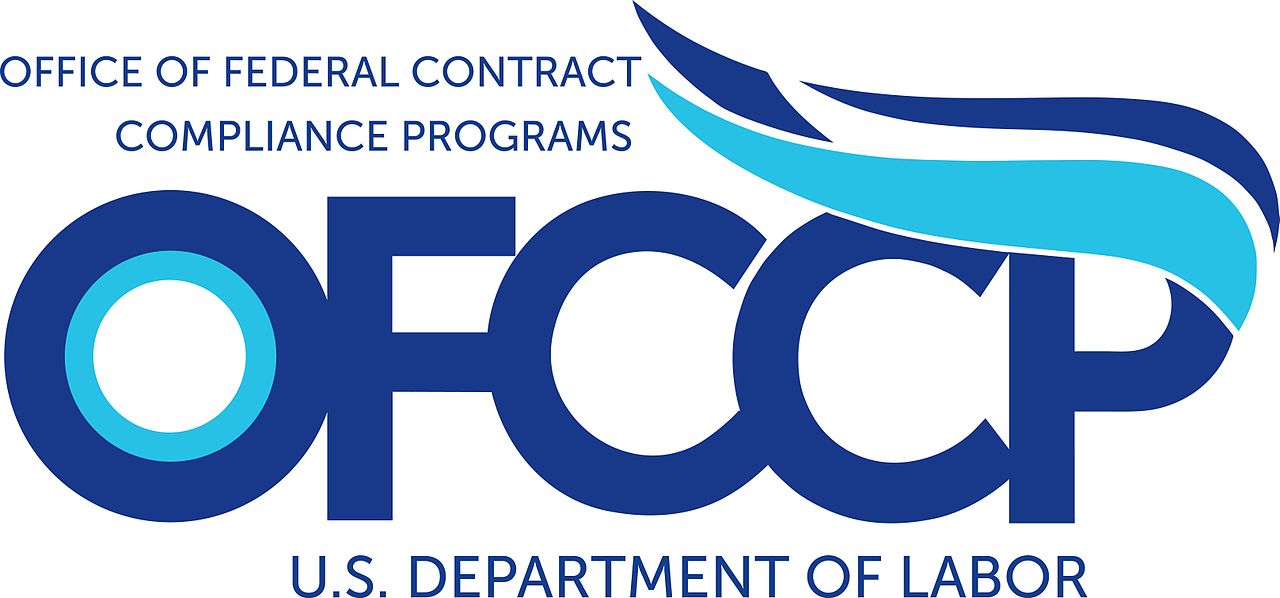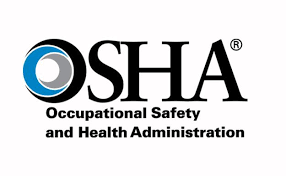
- US DOL Inspector General’s Office Scheduled Audit to Review OFCCP’s Construction Contractor Compliance Enforcement Efforts
- New OFCCP VEVRAA Guidance Clarifies That its Protected Veteran “Benchmark for hiring” is a Recruitment Goal & Not a Hard Number Quota
- Contractors Have 2nd Opportunity to Comment on Proposed Changes to OFCCP Construction Compliance Review Scheduling Letter, Itemized Listing, & Construction Contract Award Notification Requirement Form
- In Brief
- Looking Ahead: Upcoming Date Reminders
Thursday, June 13, 2024: US DOL Inspector General’s Office Scheduled Audit to Review OFCCP’s Construction Contractor Compliance Enforcement Efforts
OFCCP Still Has Not Implemented 2020 OIG Audit Report Recommendation to Update Its Construction Program Participation Goals for Minorities & Women

Readers may recall that we reported last October that OFCCP still has not implemented a 2020 OIG Audit Report (see our story here) recommendation to update its Construction Program Participation Goals for Minorities & Women. Our review of the OIG’s Recommendation Dashboard (by clicking on the “All” and “OFCCP” filters on the right side of the Dashboard) shows that OFCCP has yet to implement this recommendation. (OFCCP did implement the Report’s other recommendation to “develop a risk-based approach to select construction contractors for EEO compliance evaluations.”)
In our October 2023 story, we also explained what federal OIGs do and reported that the DOL OIG Audit Workplan for Fiscal Year 2024 stated that it may conduct an audit focusing on the effectiveness of OFCCP Compliance Evaluations. Page 15 of the Audit Workplan characterized as “discretionary” a possible OIG audit to “focus on the effectiveness of OFCCP’s enforcement of anti-discrimination and affirmative action obligations through compliance evaluations.” After the OIG commits resources to all mandatory audits, it uses its remaining funds for discretionary audits. (See also our “DE Under 3” video here.)
Friday, June 14, 2024: New OFCCP VEVRAA Guidance Clarifies That its Protected Veteran “Benchmark for hiring” is a Recruitment Goal & Not a Hard Number Quota

Editorial Note: OFCCP’s new example is twice interesting: First, almost no federal Government contractors VEVRAA covers use the alternative “individualized method” allowing them to calculate their own private and customized Veteran’s “Benchmark for hiring” percentage. Rather, almost all federal contractors VEVRAA covers instead use the percentage of Protected Veterans in the recruitment marketplace available to contractors to recruit (OFCCP currently calculates that number to be 5.2% ) that OFCCP calculates for contractors and supplies for free. OFCCP’s availability calculation thus allows federal contractors to know what percentage of Protected Veterans are in the marketplace available for them to recruit to the contractor’s front door without any contractor expenditure of additional time, expenses, or resources.
Second, the example properly identifies the awkwardly named “Benchmark for hiring” as a recruitment device advising contractors of OFCCP’s calculation of the percentage of veterans in the marketplace available to be recruited to their front doors and potentially considered thereafter for employment (i.e., a recruitment goal).
“After reviewing the preceding year (sic) (1/1/22 to 12/31/22) data and recognizing they [the contractor] did not meet the national benchmark of 5.5%, WBC identified alternative efforts to recruit veterans in the months ahead.” [NOTE: OFCCP wrote this example before it announced on March 28, 2024, that the National Benchmark had dropped to 5.2%.]
This helps resolve the uncertainty that occasionally erupts in the contractor community as to whether OFCCP intended its “Benchmark for hiring” to be a hard number quota as implied by its awkward title. Rather, OFCCP’s clarifying language makes clear that the “Benchmark for hiring” is merely OFCCP’s calculation, for the contractor’s benefit, of the percentage of veterans available to the contractor in the recruitment marketplace.
And, what makes that “recruitment goal” conclusion even more interesting is that there is currently widespread consensus in the Affirmative Action community that this is one of several hiring activities as to which a contractor could choose– in its discretion (not because driven by federal government compulsion)–to lawfully impose the quota hiring of veterans (whether “Protected Veterans” who VEVRAA covers, or all “veterans”) since those who are not veterans are not a Protected Group.
In Brief
Monday, June 10, 2024: Navigating OFCCP’s Growing & Increasingly Splintered FAQ Webpages to Find Hidden Treasures

In recent years, the agency has often revised, and otherwise edited, its various FAQ topic sections without any notice, and occasionally without even modifying the “Last updated” date at the bottom of the webpage to reflect that changes, however subtle, were made. Accordingly, we advise readers to check the applicable FAQ sections as necessary to ensure they have the latest OFCCP enforcement position on the issue at hand, with the understanding that FAQs do not have the force and effect of the law.
Tuesday, June 11, 2024: OSHA Submitted Its Long-Anticipated National Heat Illness Prevention Standard Proposed Rule for OMB Review

OSHA published an “Advance Notice of Proposed Rulemaking” regarding this potential regulation on October 27, 2021. We reported in our story on the Fall 2023 Regulatory Agenda that, per the requirements of the Small Business Regulatory Enforcement Fairness Act (“SBREFA”), OSHA convened a Small Business Advocacy Review (“SBAR”) Panel on August 25, 2023, to gather feedback. In the Fall 2023 Agenda, OSHA set a target date of November 2023 for completing the SBREFA requirements and it planned to complete its analysis of the SBREFA report in January 2024. However, OSHA did not list a target date for its NPRM in the Fall 2023 Agenda.
Wednesday, June 12, 2024: Republican Legislators Introduced “Dismantle DEI Act”

“(1) discriminating for or against any person on the basis of race, color, ethnicity, religion, biological sex, or national origin;
(2) requiring as a condition of employment, as a condition for promotion or advancement, or as a condition for speaking, making a presentation, or submitting written materials, that an employee undergo training, education, or coursework, or other pedagogy, that (sic) asserts that a particular race, color, ethnicity, religion, biological sex, or national origin is inherently or systemically superior or inferior, oppressive or oppressed, or privileged or unprivileged; or
(3) requiring as a condition of employment, as a condition for promotion or advancement, or as a condition for speaking, making a presentation, or submitting written materials, the signing of or as sent to a statement, code of conduct, work program, or plan, or similar device that requires assent by the employee that a particular race, color, ethnicity, religion, biological sex, or national origin is inherently or systemically superior or inferior, oppressive or oppressed, or privileged or unprivileged.”
Looking Ahead:
Upcoming Date Reminders
We added two NEW items to our calendar this week:
November 2023: EEOC’s target date (now overdue) to publish its NPRM to amend its regulations on exemptions to certain recordkeeping and reporting requirements (RIN: 3046-AB28)
December 2023: U.S. OSHA’s current target date (now overdue) to publish its Final Rule on Occupational Exposure to COVID-19 in Healthcare Settings (RIN: 1218-AD36); On February 9, 2024, OSHA submitted its Final Rule to OMB for review and approval
March 11, 2024: Previous effective date of NLRB’s Final Rule on Standard for Determining Joint-Employer Status under the NLRA (per U.S. District Judge’s order; original February 26, 2024, effective date extended); On March 8, 2024, a U.S. District Judge vacated this Final Rule and on May 7, 2024, the NLRB filed a Notice of Appeal – stay tuned for further developments
March 2024: EEOC’s (now overdue) target date for proposal to amend its regulations regarding the electronic posting of the “Know Your Rights” Poster (RIN: 3046-AB29)
March 2024: U.S. NLRB’s (now overdue) target date for its Final Election Protection Rule (RIN: 3142-AA22)
May 2024: FAR Council’s target date (now overdue) for its Final Rule to Prohibit TikTok [or any successor application or service developed or provided by ByteDance Limited] on Federal Government Contractor Devices (RIN: 9000-AO58); the Interim Rule is here
June 18, 2024: EEOC’s Final Rule to Implement the Pregnant Workers Fairness Act takes effect
NEW June 20, 2024 (2:00 pm – 3:00 pm ET): DE Masterclass Employment Law Roundtable | Everything You Want To Know About Applicant and Employee Self-Identification
July 1, 2024: OFCCP’s asserted “deadline” for covered federal Supply and Service contractors & subcontractors to certify, via OFCCP’s online Contractor Portal, that they have developed & maintained Affirmative Action Programs for each establishment or functional unit
July 1, 2024: First effective date for US DOL WHD’s Final Rule on Defining and Delimiting the Exemptions for Executive, Administrative, Professional, Outside Sales, and Computer Employees (Overtime Rule); the standard salary level necessary for exemption – i.e., eligible for overtime pay – will increase from $35,568/year to $43,888/year and the highly compensated employee threshold will increase from the current $107,432/year to $132,964/year
July 9, 2024: “Failure to File” deadline for EEO-1 Survey Component 1 Data Collection (collection period opened on April 30, 2024, and previous deadline was June 4, 2024)
NEW July 17, 2024: Comments due on OFCCP’s Proposed Changes to its Construction Compliance Review Scheduling Letter, Itemized Listing, and Construction Contract Award Notification Requirement Form (details on the proposed changes are here)
July 23, 2024: Comments due on the FAR Council’s proposal to reinstate a requirement for federal contractors to report executive compensation and first-tier subcontract awards
August 29, 2024 (11:00 – 5:30 EST): US DOL WHD online seminar on prevailing wage requirements for federally-funded construction projects; register here
September 4, 2024: Scheduled effective date for Federal Trade Commission Final Rule banning most non-compete agreements
September 2024: OFCCP’s current target date for its Notice of Proposed Rulemaking to “Modernize” Supply & Service Contractor Regulations (RIN: 1250-AA13)
September 2024: OFCCP’s current target date for its Final Rule on “Technical Amendments” to Update Jurisdictional Thresholds & Remove Gender Assumptive Pronouns (RIN: 1250-AA16)
September 2024: EEOC’s anticipated date for amending its FOIA procedures to add fees for electronic disclosure of records (RIN: 3046-AB20)
September 2024: U.S. DOL WHD’s target date to publish an NPRM on “Employment of Workers With Disabilities Under Special Certificates” (Subminimum Wage Rule) (RIN: 1235-AA14)
November 5, 2024: Federal Congressional and Presidential Election
January 1, 2025: Second effective date for US DOL WHD’s Final Rule on Defining and Delimiting the Exemptions for Executive, Administrative, Professional, Outside Sales, and Computer Employees (Overtime Rule); the standard salary level necessary for exemption – i.e., eligible for overtime pay – will increase from $43,888/year to $58,656/year and the highly compensated employee threshold will increase from $132,964/year to $151,164/year
May 21 – May 23, 2025: DEAMcon25 in Scottsdale, Arizona
THIS COLUMN IS MEANT TO ASSIST IN A GENERAL UNDERSTANDING OF THE CURRENT LAW AND PRACTICE RELATING TO OFCCP. IT IS NOT TO BE REGARDED AS LEGAL ADVICE. COMPANIES OR INDIVIDUALS WITH PARTICULAR QUESTIONS SHOULD SEEK ADVICE OF COUNSEL.
SUBSCRIBE.
Subscribe to receive alerts, news and updates on all things related to OFCCP compliance as it applies to federal contractors.
OFCCP Compliance Text Alerts
Get OFCCP compliance alerts on your cell phone. Text the word compliance to 18668693326 and confirm your subscription. Provider message and data rates may apply.


Monday, June 17, 2024: Contractors Have 2nd Opportunity to Comment on Proposed Changes to OFCCP Construction Compliance Review Scheduling Letter, Itemized Listing, & Construction Contract Award Notification Requirement Form
The 30-Day Notice references OFCCP’s previous 60-day Notice published on February 26, 2024 The 60-Day comment period closed on April 26, 2024, with two comments submitted. We detailed OFCCP’s extensive proposed changes in our earlier story on the 60-Day Notice.
OMB last approved OFCCP’s Construction ICRs, including its audit Scheduling Letter and Itemized Listing, without substantive change on November 22, 2022. That approval expires on July 31, 2024. Our story on that approval explained that the only change to the ICRs then was a minor change to OFCCP’s Construction Contract Award Notification Form (Form CC-314) to add a missing e-mail address field for the “Contractor Awarded Contract or Subcontract.” At that time, there was no change to the Construction Scheduling Letter and Itemized Listing.
As of our WIR deadline, no new 30-Day Supporting Statement was publicly posted. The Federal Register 30-Day Notice itself does not mention any changes to the ICR from the 60-Day Notice. We will follow up later should OMB/OFCCP publicly post any 30-Day Supporting Statement, which may include more information.